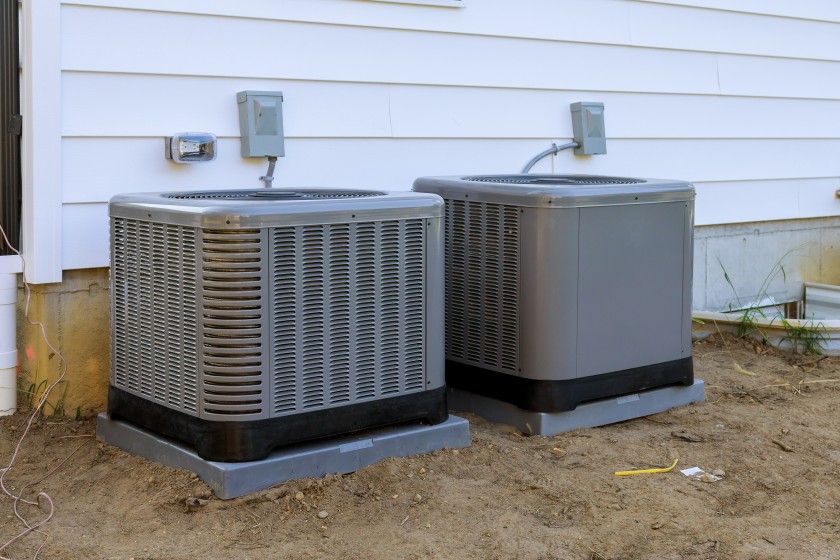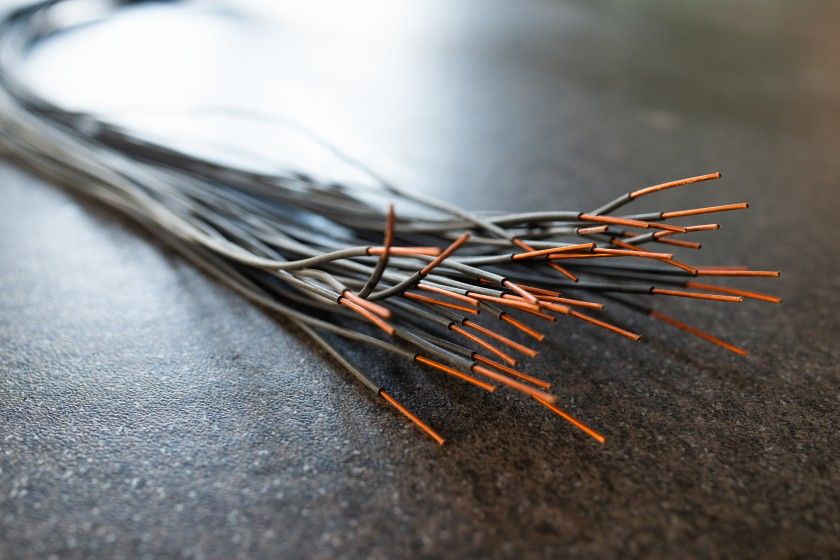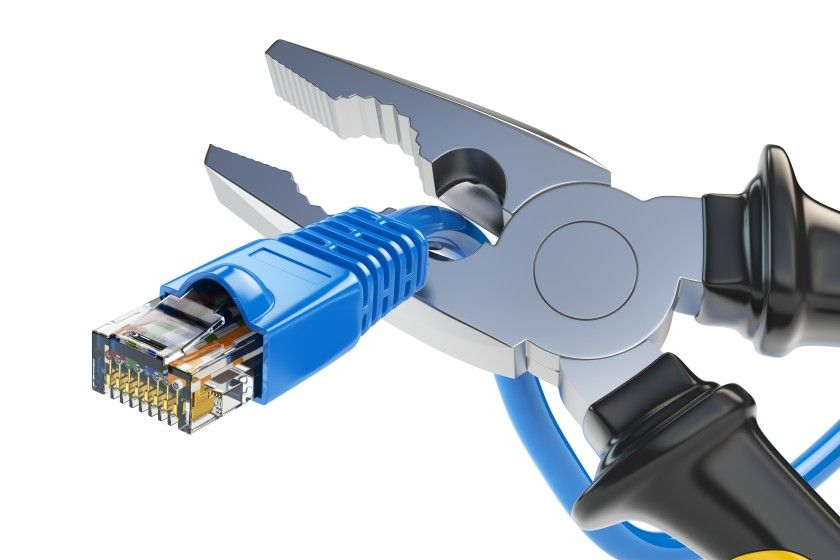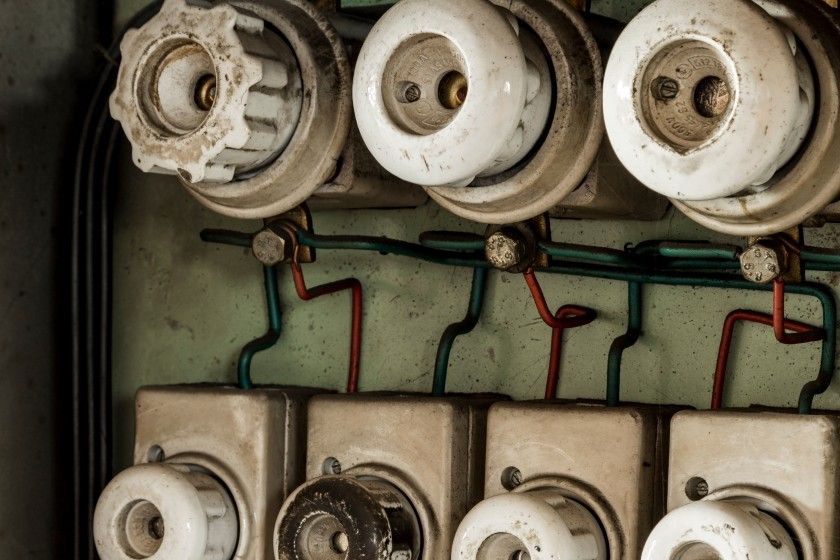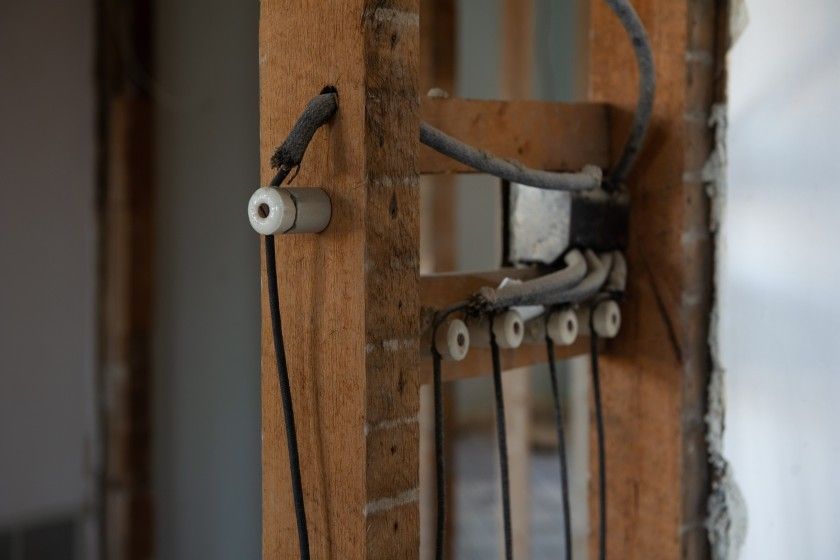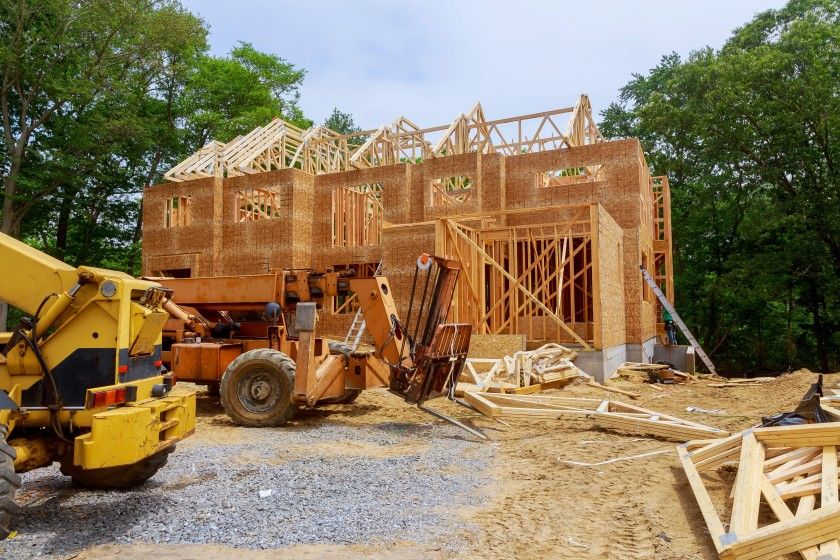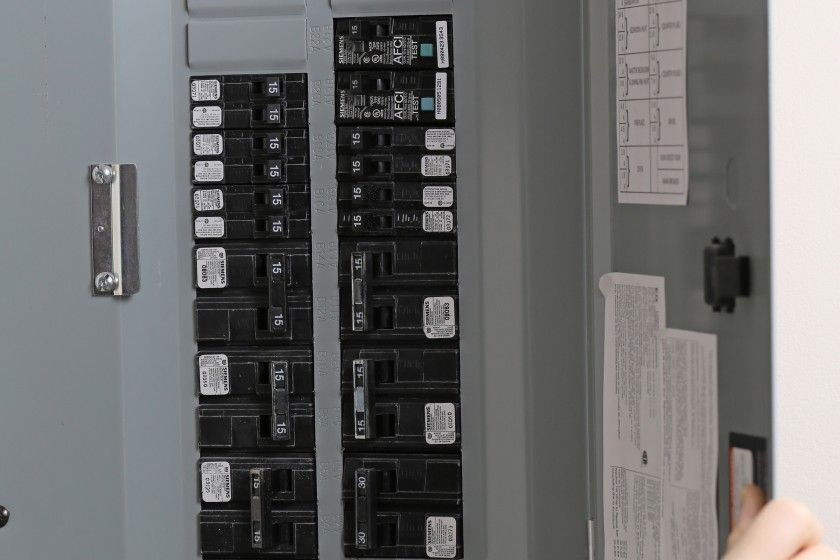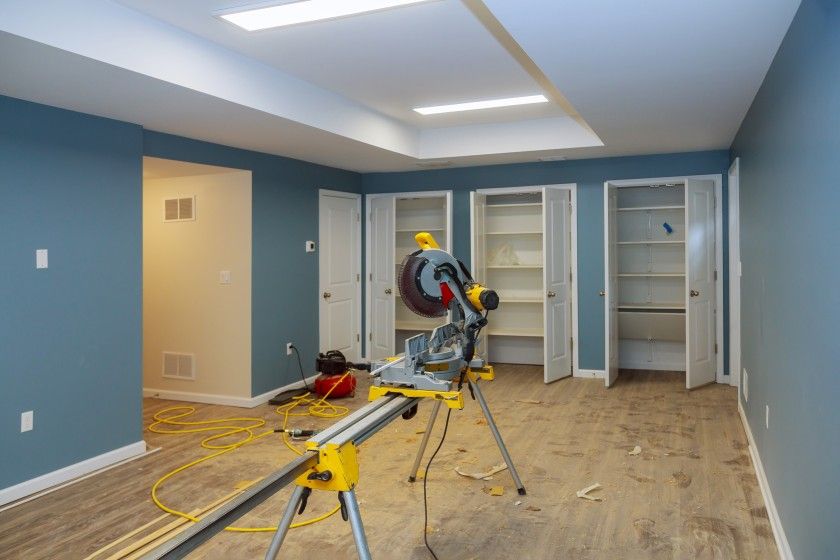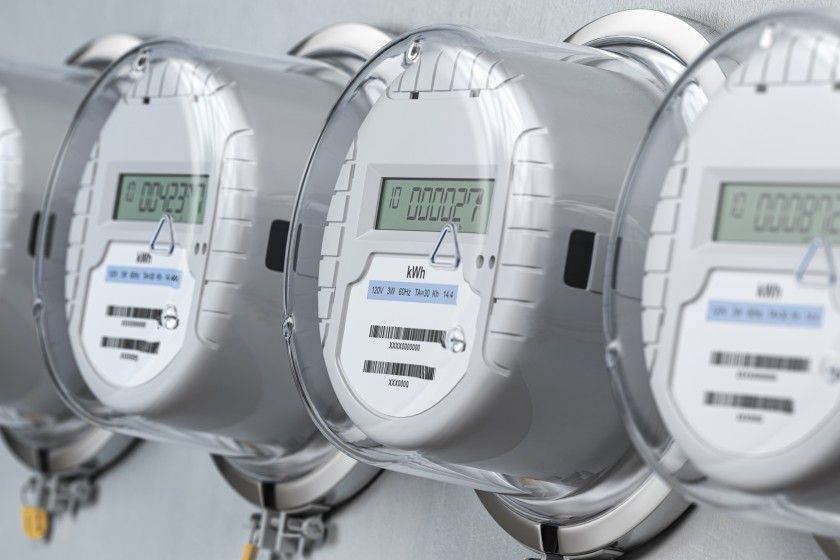Do your lights flicker on and off? Do your breakers constantly trip? If so, then most likely, you need an electrical service upgrade. There is only one type of electrical contractor you should hire when starting this project, and we will give you a hint: it is not a handyman. Reading the following paragraphs, you can learn how to save thousands of dollars on your upgrade.
Never Pay Twice, and Never Worry About Losing Your Power!
Regarding electrical problems involving your service upgrade, only one person is cut out for the job: a licensed electrical contractor. Do not be fooled by the internet, handyman, or even the do-it-yourself guy just because they can do the job for less. They may show up to do the work and finish it, but what risk are you taking in the end? Your power may not be turned back on. Why? Because only a licensed electrical contractor can do the job. All jobs involving your local power company and building department must be accompanied by a permit, inspected by and signed off by a licensed inspector, and only then will the power company turn back on your power.
Electrical Emergencies? You can count on us!
Leinster Electric is a state-licensed electrical contractor in New Jersey. We will provide our customers with quality installations, emergency service, and fast repairs. We will stop by and leave you with the peace of mind of knowing everyone is safe.
Electrical Service Upgrades! Do I need one?
What is an electrical service? This is where your home gets its power from the utility department. Every single home and business has them. A few different factors, such as where you are located, the age of your home, and what the electrician installed, will determine what type of service you have.
Your home or business will have a meter that tells the utility department how much electricity you use monthly, some means of disconnect, and service entry wiring. You could encounter significant issues later if there is no way to disconnect. The disconnect is a way to shut off all electricity to your home or business in the event of an emergency or if there is ever an electrical problem. Also, your panels and service must be correctly grounded and bonded to ensure it will go straight into the earth if a fault occurs. Proper grounding and bonding saves lives.
What size service do I have on my house?
How is an electrical service determined? By how many amps the over-current protection and wiring are rated for. Other names commonly used for over-current protection are "main fused" or "main breaker"; these devices protect the electrical components that make up your home. Where do I find out how many amps my meter and panels are rated for? You should be able to view this on the panels themselves, but if your panels are old, you may need help to read them. When this is the case, you must call a licensed electrical contractor. Once he arrives, he can open the electrical service and panels to determine what size service you have. This is good because we have often seen incorrect wiring methods with the associated means of disconnect. This is an extreme fire hazard.
What size service is required on my house?
The NEC or National Electric Code requires a minimum of a 100 amp electrical service. Still, it should be noted that most insurance companies require a 150 or 200-amp service to get insured.
Suppose you have been notified by the city, utility department, or your insurance agency that you need a new electrical service. In that case, you may wonder what you should do.
If you have just received a notification or know it is time to get an upgrade, call Leinster Electric. We will be happy to examine your electrical service and give you the exact price down to the penny on how much your new electrical service will cost you. We will also supply you with several options to choose from.
Leinster Electric will also be responsible for getting all paperwork and obtaining all permits to complete the job correctly. We will coordinate with your utility company to get your power back on in no time flat. Plus, you will even have the option for us to install a temporary generator on-site so you can still have some power in your home.
